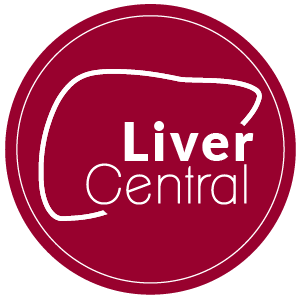Active Clinical Trials
Through clinical trials, new treatments and ways to improve liver cancer care are moved forward. Clinical trials also determine if treatments are safe and effective in the treatment of liver cancer.
Clinical trials evaluate:
- New diagnostic methods
- New drugs and medicines
- New combinations of treatments
- New approaches to surgery or radiation
If you are thinking about joining a clinical trial as a treatment option, the best place to start is to talk with your doctor or another member of your health care team. Often, your doctor may know about a clinical trial that could be a good option for you. He or she may also be able to search for a trial for you, provide information, and answer questions to help you decide about joining a clinical trial. Some doctors may not be aware of or recommend clinical trials that could be appropriate for you. If so, you may want to get a second opinion about your treatment options, including taking part in a clinical trial.
There are many lists of cancer clinical trials taking place in the United States. Some trials are funded by nonprofit organizations, including the U.S. government. Others are funded by for-profit groups, such as drug companies. Hospitals and academic medical centers also sponsor trials conducted by their own researchers. Because of the many types of sponsors, no single list contains every clinical trial.
Treating liver tumors can be a challenge for physicians given the location of tumors in the liver and the unique microenvironment and immunology of the liver. The liver is difficult to access which makes it difficult to effectively deliver anti-cancer treatment and liver tumors can shut down anti-tumor immunotherapy drugs.
If you decide to look for a clinical trial, you will need to know certain details about your cancer diagnosis and compare these details with the eligibility criteria of any trial that interests you. Eligibility criteria are the requirements that must be met for you to join a clinical trial.
Check out information about ongoing clinical research from Liver Central’s founding sponsor TriSalus here.
The National Institutes of Health identify more than 3,000 clinical trials for “liver cancer.” There are many trials underway to identify new treatments for cancer in the liver. Talk with your doctor or treatment team about identifying a trial that may be appropriate to treat the cancer in your liver.
Selected Trials
Click the articles below to read more about each trial.


